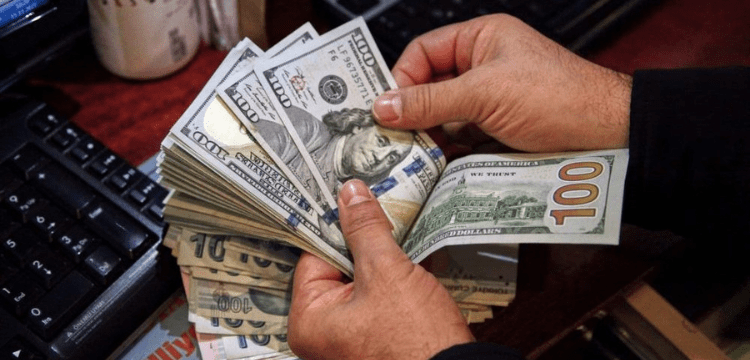[vc_row][vc_column][vc_column_text dp_text_size=”size-4″]ISLAMABAD: Pakistan decided on Monday to surrender 10% of the government’s Hajj quota to Saudi Arabia and approved an additional $163 million for pilgrimage financing after plans to relieve the burden on the country’s thin foreign exchange reserves through outsourcing the official quota failed.
The cabinet’s Economic Coordination Committee (ECC) reversed a month-old decision that required half of the intending pilgrims to arrange foreign currency from abroad due to the country’s alarmingly low official foreign exchange reserves.
According to the finance ministry, the ECC approved the arrangement and modalities for the Hajj Scheme 2023 and decided that all applications received under the regular Hajj scheme, 72,869 in total, would be declared successful without balloting.
Also Read: Govt receives poor response on Hajj Sponsorship Scheme
The ECC also approved an additional $163 million in foreign exchange financing requirement for this year’s Hajj.
The government will provide $213 million to finance Hajj expenses under the new approval, which is far less than what it would have provided under normal economic conditions in the country.
The Hajj Policy 2023 stipulated that Pakistan’s Hajj quota of 179,210 be divided equally between government and private schemes.
Around 89,605 pilgrims were expected to participate in the regular Hajj scheme. To alleviate the strain on the foreign exchange market, the government set aside 44,802 applications that would be funded by arranging foreign currency from abroad.
ECC was informed that, contrary to expectations of 44,802 sponsorships, less than 8,000 received funding from abroad. As a result, the government was unable to obtain $194 million from abroad to cover Hajj expenses.
The cabinet had directed the finance ministry to provide $90 million, with the remaining $194 million for government quotas coming from outside sources.
The regular government scheme had received 72,869 applications for 44,190 seats.
Also Read: Govt asks CJP to resign over ‘controversial’ decisions
The last date for submitting applications under the sponsorship scheme was April 7 but the Ministry of Religious Affairs expected less than 8,000 applications against 44,190 seats.
Because of the poor response to the outsourcing scheme, the ECC decided to hand over the surplus quota to Saudi Arabia. The situation arose as a result of the government’s inability to provide intended pilgrims with foreign currency.
As a result, according to Ministry of Religious Affairs estimates, at least 8,800 pilgrims, or nearly 10% of the government quota, will be unable to perform Hajj this year.
The government raised Hajj expenses to Rs1.175 million per pilgrim last month, a 68% increase over the previous year.
ECC was informed in March that the government’s Hajj quota sponsorship scheme would generate approximately $194 million and the private Hajj scheme would generate more than $250 million, depending on the cost of packages and applications received, bringing the total outsourced funds to $444 million.
The sponsorship scheme was supposed to provide foreign exchange protection for the regular scheme as well.
In consultation with the Finance Division, the religious affairs ministry decided that the remaining quota of the sponsorship scheme would be shifted to the regular scheme, and thus all applicants, i.e. 72,869 (against 44,190 seats), would be declared successful without balloting.
As a result, 28,679 sponsorship scheme seats had to be used through the regular scheme.
The ministry requires a total of $213 million for Hajj 2023, with $50 million already released and the remaining $163 million coming from the Finance Division.[/vc_column_text][/vc_column][/vc_row]











